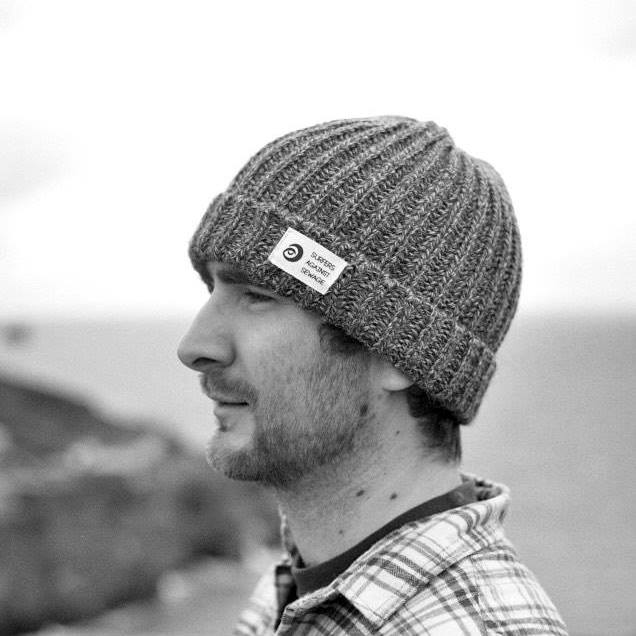June 2018
Surfers have often been referred to as a marine indicator species, exposed to environmental issues first-hand – walking across beaches strewn with plastic, surfing at the mouths of sewer overflows and acutely sensitive to coastal changes. We share these special places with marine flora and fauna, and are often first to witness the mounting anthropogenic pressures facing our shores.
From humble beginnings on the north coast of Cornwall in the early 90’s, SAS has grown from a single-issue campaign group, to a fully-fledged charity tackling multiple threats to our marine and coastal spaces. SAS began with a group of surfers, literally sick of getting sick, who went on to change our relationship with the sewerage network, tighten European legislation and drive investment to clean up our seas. In 1990, only 27% of our beaches met the minimum bathing water standards. In 2017, it was over 98%! We’re very proud to have played our part in bringing this positive change about for our coastlines.
We were borne out of surfers’ connection with the environment and their response to the pollution ruining our coastlines, whether that is sewage pollution or throwaway plastics. We are all familiar with the shocking scenes of plastic pollution affecting our marine spaces, and the ‘Blue Planet effect’ has ensured that this threat to our environment is known and understood by almost every member of the general public, far beyond the half a million surfers in the UK.
Plastic pollution has become synonymous with any coastal activity – it has simply become an expected part of the experience. This is why confronting plastic pollution and specifically tackling society’s throwaway, excessive and unnecessary plastic culture is our top priority – our new ‘sewage’. It is an issue that connects the environment with all parts of society and is something that we can all take action on at every level, from grassroots, through industry and governance. It will only be through concrete, collective, positive action that we will be able to catalyse the shift that is needed to stop the flood of plastic pollution from overwhelming our ocean.
It’s not out of the question to say that plastic pollution is one of the worst environmental disasters of our age. In 1950, the world’s population of 2.5 billion produced 1.5 million tons of plastic; in 2016, over 7 billion people produced more than 320 million tons, and this is set to double by 2034. There are 5.25 trillion pieces of plastic debris in the ocean, which can take hundreds (if not thousands) of years to degrade. It is estimated that 100,000 marine mammals and a million seabirds die at sea every year through entanglement in and ingestion of marine litter.
But there is hope. Plastic is tangible; it is an issue that even the smallest action can result in direct improvement. Surfers Against Sewage’s Plastic Free Coastlines vision has led to the creation of a number of easy-to-access projects to tackle the issue at all levels of society, through Schools, Communities and Parliament.
The award-winning Plastic Free Communities initiative is at the heart of the vision and provides a holistic, step-by-step framework currently galvanising community action to reduce local over-reliance on avoidable single-use plastics. There are over 300 communities working towards Plastic Free Status across the globe, representing over 25 million people. This growing, collective, positive people movement far exceeds anything SAS has set out to do before. We will continue to ride the wave of awareness and ensure that together, we stop the threat of plastic pollution at source.
David Smith, Science and Policy Manager, Surfers Against Sewage
Follow @David_AJ_Smith and @sascampaigns
The opinions expressed in this blog are the author's and not necessarily those of the wider Link membership.




Latest Blog Posts